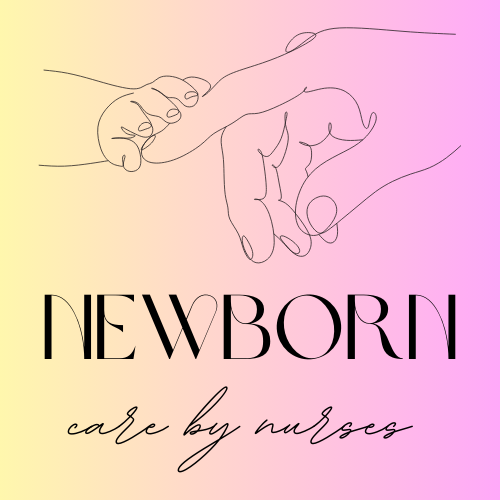Quick Contact

Description For Our Service
Our Breastfeeding education aims to provide mothers and families with information and knowledge about breastfeeding, its benefits, techniques, and potential challenges.
Here are some key aspects of breastfeeding education:
- Benefits of breastfeeding: Breastfeeding education emphasizes the numerous benefits of breastfeeding for both the baby and the mother. This includes providing optimal nutrition, antibodies, and immune protection for the baby, reducing the risk of certain illnesses, promoting bonding, and supporting postpartum recovery for the mother.
- Understanding the basics: Breastfeeding education covers the basic mechanics and principles of breastfeeding. This includes information on how breast milk is produced, the importance of latching and positioning, the release of hormones during breastfeeding, and how supply and demand play a role in establishing and maintaining milk production.
- Learning proper latch and positioning: Breastfeeding education helps mothers understand the importance of a proper latch and positioning for effective breastfeeding. This involves learning techniques to ensure that the baby is attaching correctly to the breast and getting enough milk. Education may include visual aids, demonstrations, and hands-on guidance.
- Overcoming breastfeeding challenges: Breastfeeding education addresses common challenges that mothers may encounter, such as nipple soreness, engorgement, low milk supply, or difficulties with milk flow. are provided with information on how to prevent or manage these challenges, seek support, and when, access additional resources, such as lactation consultants.
- Establishing a breastfeeding routine: Breastfeeding education emphasizes the importance of establishing a breastfeeding routine that aligns with the baby's needs and the mother's lifestyle. This includes information on understanding infant hunger cues, determining feeding frequency and duration, and the role of demand-driven feeding.
- Expressing and storing breast milk: Breastfeeding education may also cover the topic of expressing and storing breast milk for various reasons, such as returning to work or supplementing breastfeeding. This includes information on selecting and using breast pumps, maintaining milk supply, and proper storage and handling of expressed milk.
- Partner involvement and support: Breastfeeding education often involves partners or other family members in the learning process. This helps them understand the importance of breastfeeding, provide support to the breastfeeding mother, and foster a supportive environment for breastfeeding.Breastfeeding education can be provided in various settings, including prenatal classes, breastfeeding support groups, hospitals, community centers, and online platforms. It is important to seek information from reliable sources, such as certified lactation consultants, breastfeeding specialists, or reputable organizations focused on maternal and child health.
Breastfeeding is a Unique Experience
Remember that breastfeeding is a unique experience for every mother and baby, and it may take time, practice, and support to establish a successful breastfeeding relationship. Breastfeeding education plays a vital role in providing the necessary knowledge and skills to navigate this journey.
Breastfeeding Education
Private newborn care classes provide personalized and tailored education for parents-to-be or new parents on various aspects of newborn care. These classes typically cover topics such as bathing, diapering, feeding, soothing techniques, sleep routines, safety measures, and general newborn care.
$
180
Per Couple
-
Private newborn care classes offer the advantage of one-on-one attention, allowing you to ask specific questions and receive personalized guidance tailored to your unique needs and concerns. The flexibility of scheduling and the ability to focus on specific areas of interest or areas where you may need extra support can be beneficial.
-
When considering private newborn care classes, it's important to research and choose a reputable instructor who has experience and expertise in newborn care. Discuss the specific topics you would like to cover, the duration of the classes, and the cost involved before committing to ensure you receive the education and support you need.


